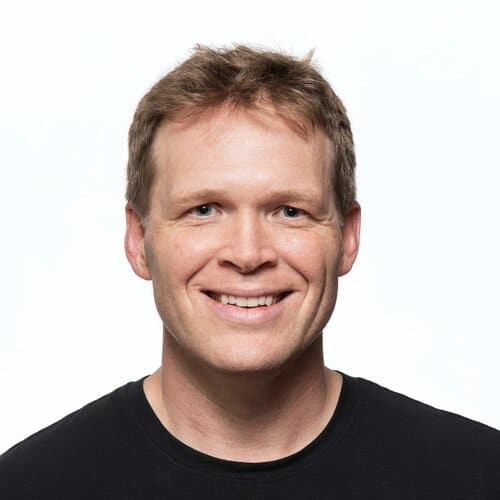The Power of Setting Intentions with Patrick Dossett
In this episode, we talk to Patrick Dossett about the power of setting an intention and being your own best teammate.

In this episode, we talk to Patrick Dossett about the power of setting an intention and being your own best teammate.

Memorable Moments:
Dear Mind, You Matter is brought to you by NOBU, a new mental health and wellness app. To download NOBU, visit the app store or Google Play.
This podcast is hosted by Allison Walsh and Dr. Angela Phillips. It is produced by Allison Walsh, Ashley Tate, and Nicole LaNeve. For more information or if you’re interested in being a guest on this podcast, please visit www.therecoveryvillage.com/dearmindyoumatter.

Patrick Dossett currently serves as CEO of Madefor, working alongside a team of subject matter experts in health and wellness to deliver world-class programming designed to help individuals be their best. Prior to Madefor, Dossett served in various leadership roles, first as an officer in the US Navy SEAL teams and later in the fields of technology and non-profit to create positive change at scale. Dossett holds a bachelor of science degree in Oceanography from the U.S. Naval Academy, a master’s in business administration from the Wharton School of Business and is the recipient of numerous awards and commendations for his service and leadership.
Social Media: @Madefor_Pat